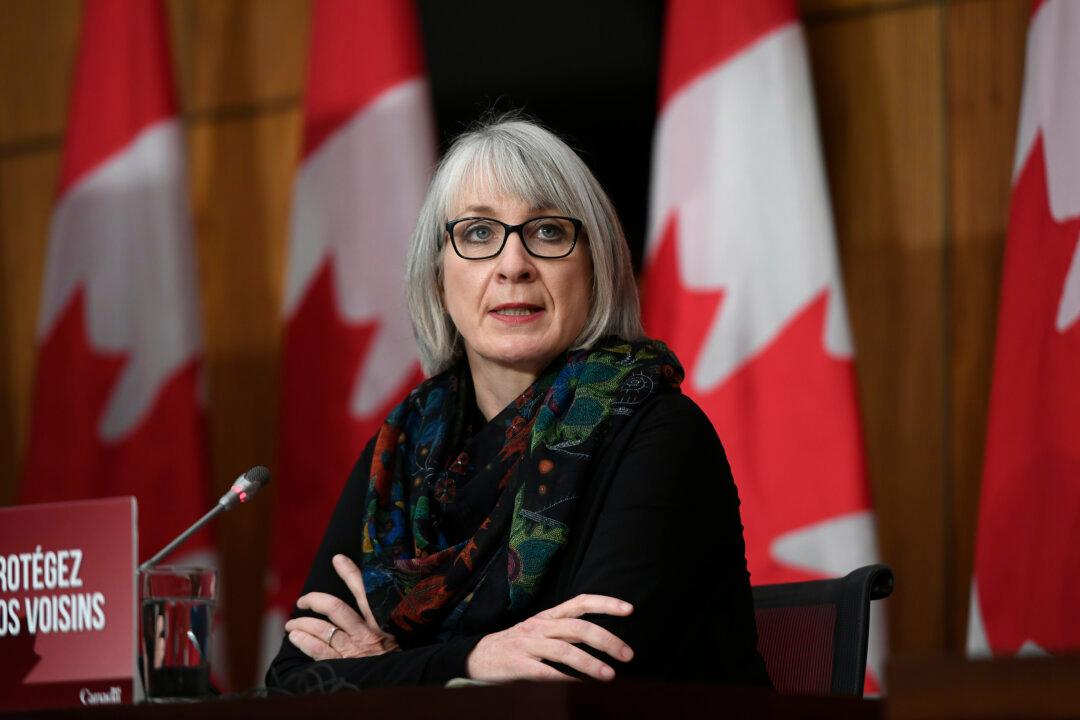Health Minister Patty Hajdu defended her decision to send unredacted documents regarding the firing of two Chinese scientists from the National Microbiology Laboratory (NML) in Winnipeg to a non-parliamentary committee for review, instead of to the House of Commons Committee on Canada-China Relations. Opposition MPs criticized the move, saying she appears to be dodging accountability for a possible breach of national security.
“[The] Government of Canada recognizes that the oversight provided by Parliament is essential to a well-functioning government, [and respects] the need for transparency and the importance of accountability before Canadians,” Hajdu told the House of Commons Committee on Canada-China Relations on Monday.





